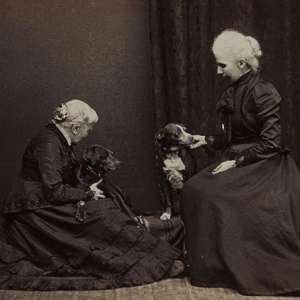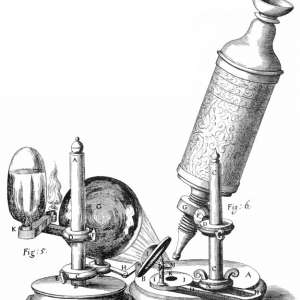Is history important? My answer is, “Yes, history is very important.” Physicians understand very clearly that the past matters. We ask very detailed questions about our patients’ medical history, trying to reconstruct an accurate picture of their state of health. We know that health is heavily influenced by the past: heredity, past behaviors, past experiences, and past diseases. These data give us clues to our patients′ present health condition. We make notes about the patients′ status and file these notes. On the patient's next visit, we pull out that patient's file which contains all the notes from past visits. The patient's past medical status gives us important perspective on the patient's present condition. We plan and approach our management strategies based on our perspective of the patient.
The past helps us understand the present. Such outlook is important in medicine as it helps us develop strategies to solve current problems and advance the cause of medicine. Human diseases evolve throughout the ages and it is both interesting and enlightening to be aware of the evolution in our understanding of a particular disease and see how the ancients managed it. Through history, we learn of man's battles against disease. His victories formed the basis of our profession. We also learn about quacks, witch doctors, magic, and superstition. The important discoveries in our profession such as antisepsis, antibiotics, anesthesia, and the triumphs and failures of great scientists are compelling. Indeed, the history of medicine is a fascinating history.











































